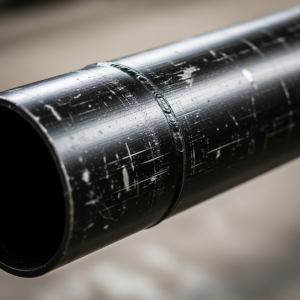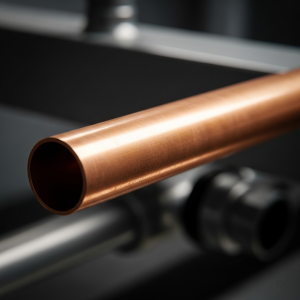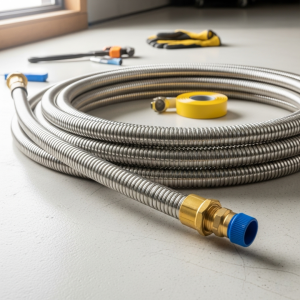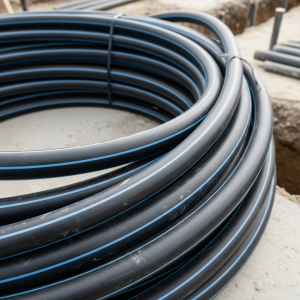Are Gas Lines Considered Plumbing? A Homeowner’s Guide
When most people think of plumbing, they picture water pipes, sinks, and showers. But what about the pipes that carry natural gas to your stove, water heater, or furnace? Are gas lines considered plumbing? The short answer: yes but with important distinctions every homeowner should know.
In this guide, we’ll explain how gas lines fit into the plumbing category, why their installation and repair require special skills, and what you should know to keep your home safe and compliant.
What Are Gas Lines?
Gas lines are a network of pipes that deliver natural gas or propane from a utility supply or storage tank to appliances in your home. Common appliances that rely on gas lines include:
- Gas stoves and ovens
- Water heaters
- Furnaces and boilers
- Clothes dryers
- Fireplaces
Unlike water pipes, which carry liquid under relatively low pressure, gas lines carry combustible fuel. This means they require careful installation and strict safety measures to prevent leaks, explosions, or carbon monoxide hazards.
Why Gas Lines Are Part of Plumbing
In the building trades, the term “plumbing” refers to the installation and maintenance of any piping system that transports fluids or gases. This definition includes water supply lines, waste drains, and fuel gas piping.
Many local building codes classify gas piping under the plumbing code, which means licensed plumbers often handle gas line work though in some areas, specialized gas fitters or mechanical contractors are required.
Plumbing and gas work share similarities:
- Both involve designing pipe layouts.
- Both require leak-proof connections.
- Both are regulated by local codes and safety standards.
The main difference is the type of material transported water for plumbing systems, and combustible gas for fuel lines.
Materials Used in Gas Lines
Gas lines are typically made from materials that can withstand pressure and resist corrosion. Common options include:
- Black steel pipe
– Traditional choice for durability and strength.

- Copper pipe
– Used in some regions but restricted in others due to chemical reactions with gas.

- CSST (Corrugated Stainless Steel Tubing)
– Flexible and easier to install, but must be grounded properly.

- Polyethylene (PE) pipe)
– Often used for underground exterior gas service lines.

Using the correct material is essential, as improper piping can lead to dangerous leaks or failures.
Who Can Work on Gas Lines?
Because of the risks involved, gas line installation, modification, or repair is not a DIY job. In most regions, only licensed professionals with gas line training are legally permitted to work on them. This ensures:
- Compliance with building and safety codes.
- Proper leak testing and pressure checks.
- Correct sizing for appliance efficiency.
Attempting gas line work yourself can lead to serious safety hazards, code violations, and even insurance issues.
Signs of a Gas Line Problem
Knowing the warning signs of a gas leak or gas line issue is vital for home safety. Watch for:
- Rotten egg smell (due to odorant added to natural gas).
- Hissing sounds near pipes.
- Unexplained increase in gas bills.
- Dead or dying plants near gas lines.
If you suspect a leak, evacuate the home immediately, avoid electrical switches, and call your gas utility’s emergency line.
Safety Tips for Homeowners
- Schedule annual inspections for gas appliances and lines.
- Keep areas around gas appliances well-ventilated.
- Never block or seal off access to shut-off valves.
- Use carbon monoxide detectors in your home.
These simple precautions can help prevent accidents and ensure your gas system operates safely.
The Bottom Line
So, are gas lines considered plumbing? Yes, gas lines are generally recognized as part of a home’s plumbing system, but they require specialized skills, strict safety measures, and compliance with local codes. Whether you’re adding a new appliance, replacing old gas piping, or repairing a leak, trust the professionals to get the job done right.
For expert gas line installation and maintenance you can trust, contact Benner Plumbing & Heating Ltd. your reliable partner for safe, code-compliant plumbing and heating solutions.